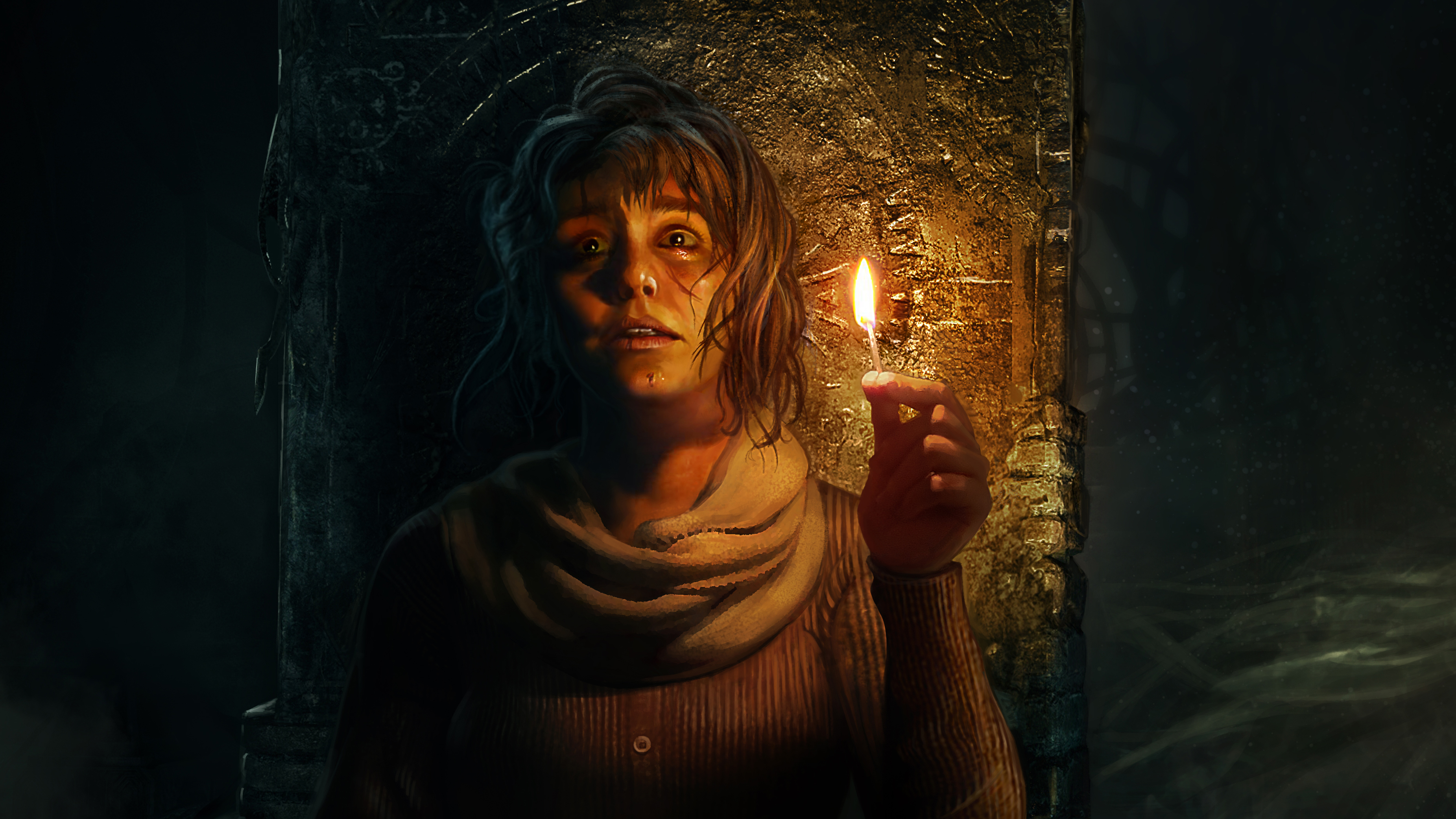Amnesia Rebirth has sold over 100,000 copies, but has proven divisive
Frictional Games knew it might ruffle some feathers - but not to the extent it has.

Amnesia Rebirth released at the tail-end of 2020, in the thick of a holiday season crowded with new Assassin’s Creed and Call of Duty games, not to mention Cyberpunk 2077. Despite all that, the psychological horror game has still managed to sell more than 100,000 copies according to Frictional Games, but in a post-mortem published today it reflected on some of the more controversial aspects of the game, writing that these proved more divisive than the studio had expected.
Be warned, the following contains spoilers.
Amnesia Rebirth is superficially similar to the series’ previous entries and sci-fi horror stablemate Soma: it has a flexible physics engine that ties into most of its puzzle-solving, and it’s very dark, albeit with some surprising moments of sunshine. But two factors were difficult for some players to accept: a pregnant protagonist, and an unusual approach to failstates.
“There’s no doubt whatsoever that the approach we took with the pregnancy and establishing the bond between a player and an unborn baby – was a huge risk and we spent a great amount of effort trying to make this work,” the studio writes. “A big part of the game relied on players immersing themselves in the role in order for the whole experience to work. We didn’t know if we would succeed with it and how it would be received.”
That reception proved stronger than expected. “Playing as a pregnant woman and caring for your unborn baby didn’t resonate with everyone,” the post goes on. “Even though we knew this going in we probably underestimated how big of a turn-off the pregnancy aspect would be for some people, to the point where it completely overshadowed the rest of the game.”
The baby isn’t really a burden in the game, in fact, it's used to reduce the protagonist’s fear level. Fear increases when the protagonist spends too much time in darkness—hence the constant need to hunt out matches and lantern gas—and if it’s allowed to increase too much it can have a permanently detrimental effect on the playthrough. You’re never going to die though, instead you gradually transform into a monster if you don’t manage your fear, and that was another point of contention among players, according to Frictional.
“We’re seeing a lot of mixed reactions when it comes to these types of consequences. For some people the mechanics we opted for worked out great,” the post goes on. “They felt a true sense of something big being at stake. For others, however, the whole narrative implication seems to have slipped past them completely. Instead they felt the opposite; that caving in to the fear mostly led to benefits such as monsters disappearing.
The biggest gaming news, reviews and hardware deals
Keep up to date with the most important stories and the best deals, as picked by the PC Gamer team.
“In hindsight I think our intentions were right but even if it worked out well for a lot of people, we could have put more effort into making the “death moments” more tangible and clear. We could also have created a stronger sense of losing control (to your inner monster) and further enforced the threat it posed on your unborn child.”
There’s plenty more reflection in the blogpost itself, and it’s worth reading if you’ve already played the game and have feelings about it (our reviewer loved it). Frictional has also confirmed it has “initiated production” on its next game, and is starting pre-production on another one too.

Shaun Prescott is the Australian editor of PC Gamer. With over ten years experience covering the games industry, his work has appeared on GamesRadar+, TechRadar, The Guardian, PLAY Magazine, the Sydney Morning Herald, and more. Specific interests include indie games, obscure Metroidvanias, speedrunning, experimental games and FPSs. He thinks Lulu by Metallica and Lou Reed is an all-time classic that will receive its due critical reappraisal one day.

